KABUL | Afghan Seeds came together February 21 for a “Be the Change” Workshop in Kabul.
The 11 participants explored serious challenges facing Afghanistan—from illiteracy to corruption, unemployment, poverty and human rights abuses—and strategized ways to they might contribute to addressing them.
The resulting objectives will now be used by Seeds of Peace as a road map for planning future activities in Afghanistan.
The Seeds also explored their individual and collective identities, and discussed the challenges they face as Afghan Seeds, approaching these topics through interactive exercises and small group activities.
BE THE CHANGE


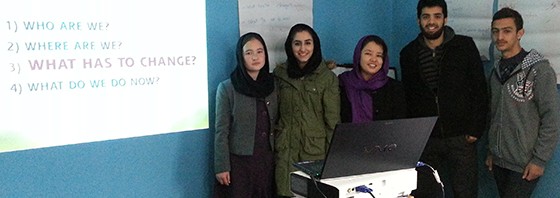
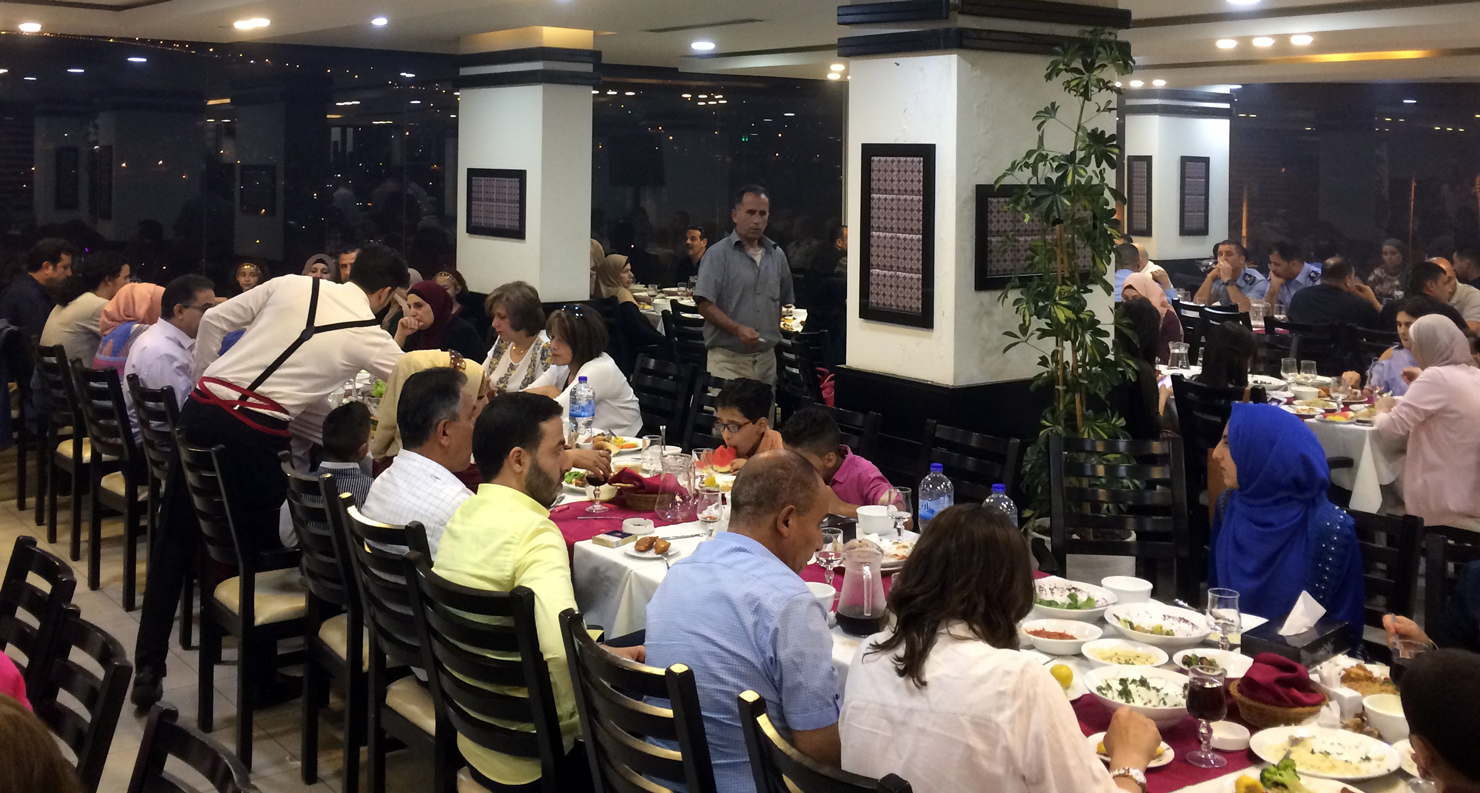
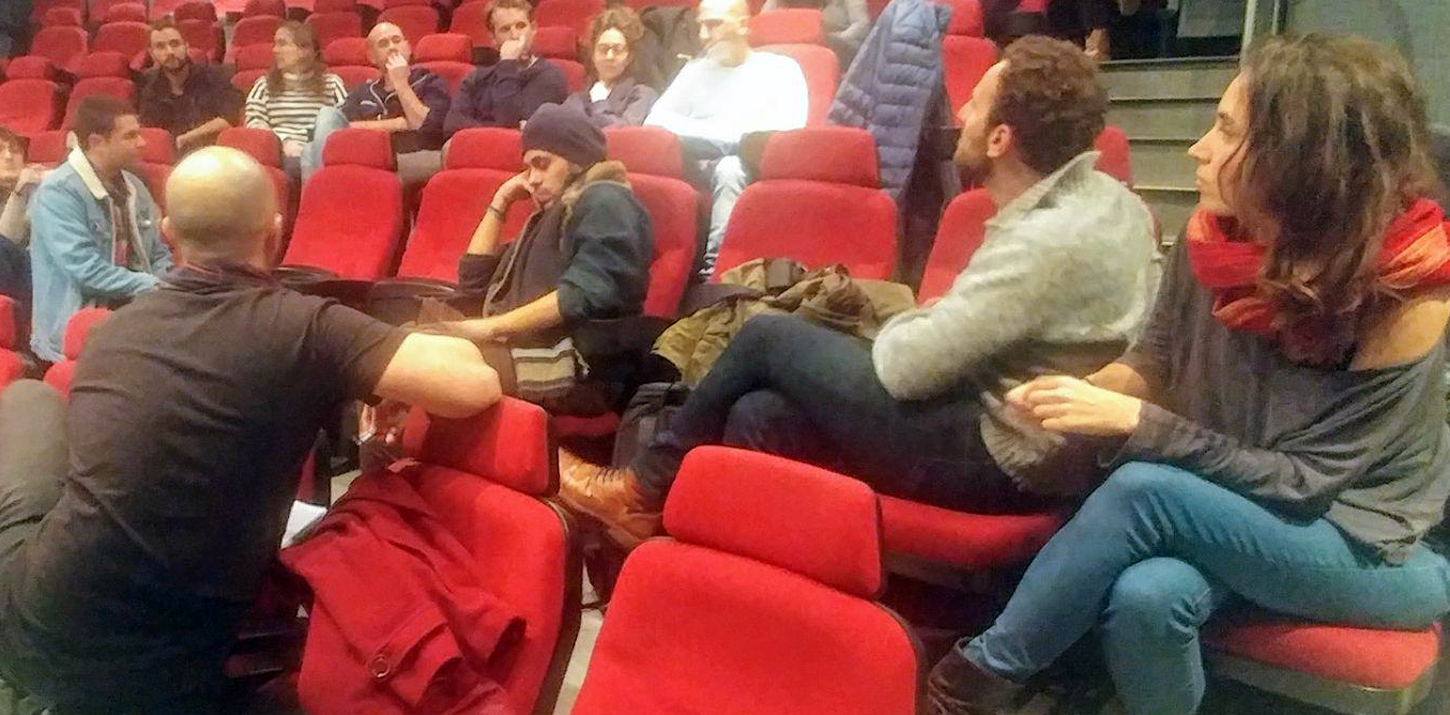
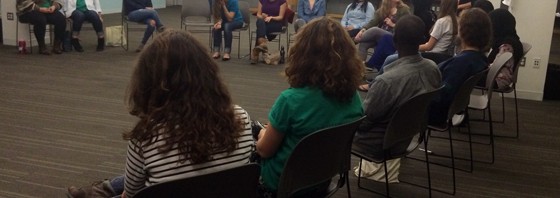

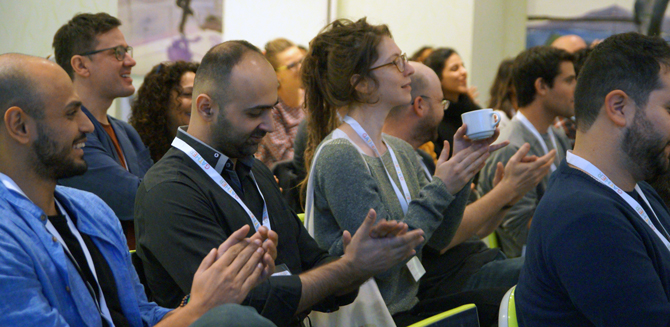
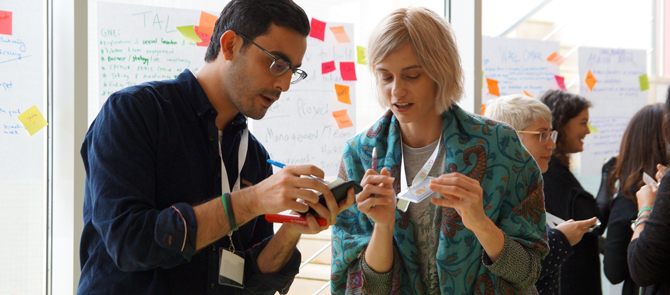
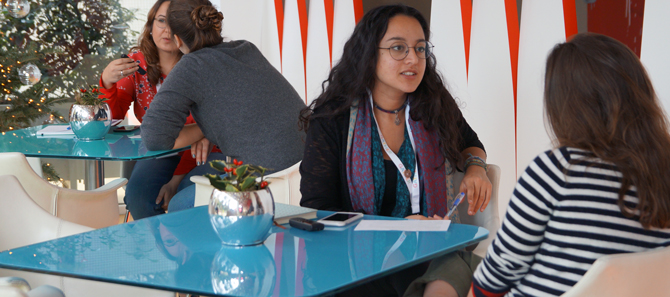
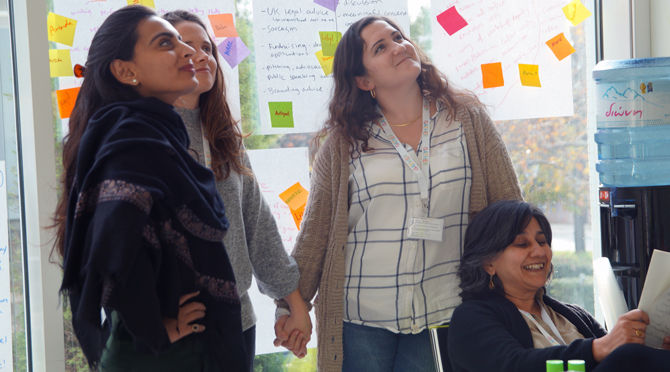
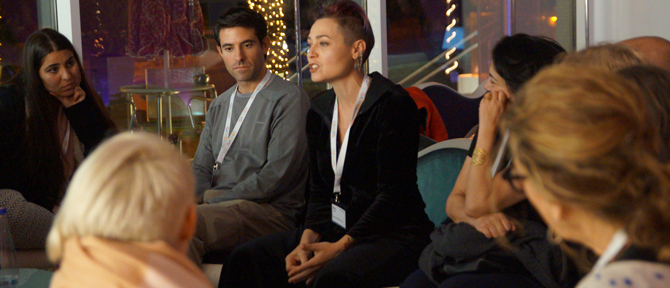
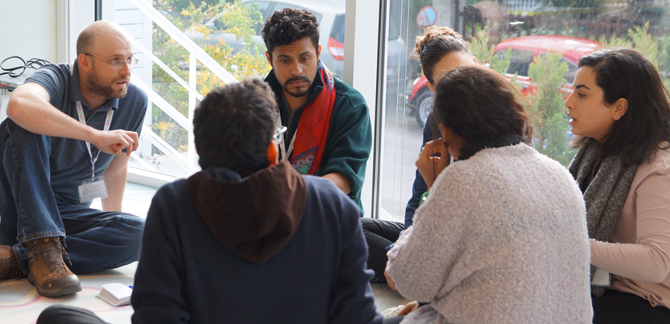
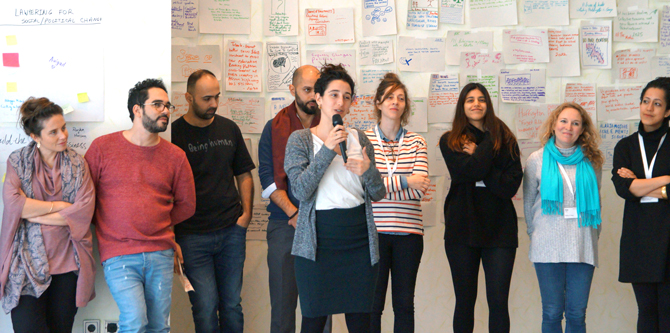
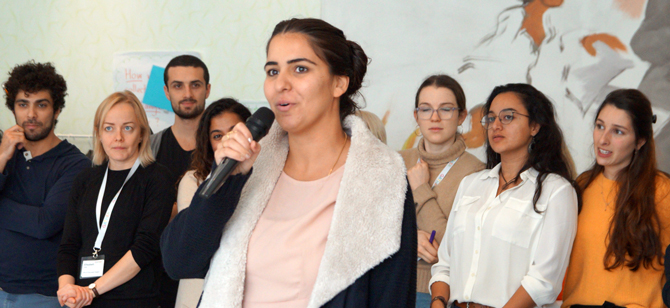
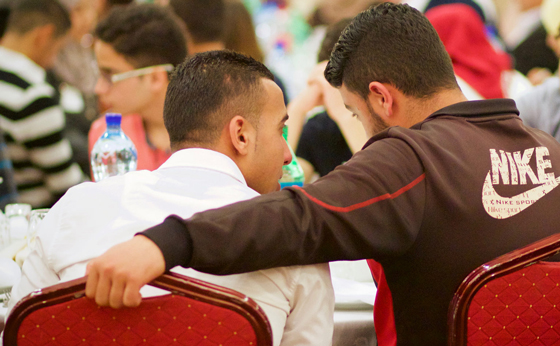
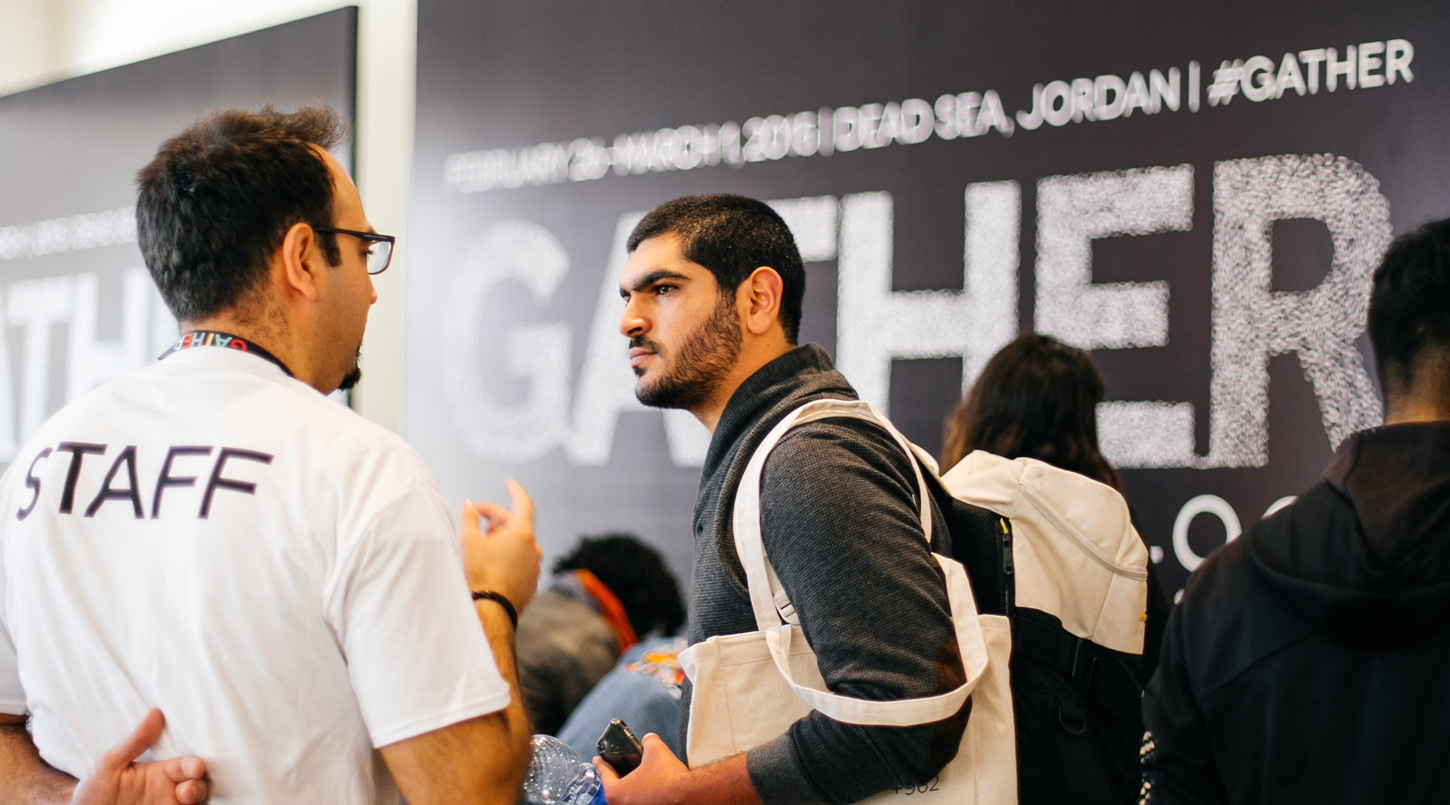






 From 2007 to 2009, with the support of USAID, Seeds of Peace organized thirteen three-day workshops on peaceful learning environments for Palestinian educators from across East Jerusalem and the West Bank.
From 2007 to 2009, with the support of USAID, Seeds of Peace organized thirteen three-day workshops on peaceful learning environments for Palestinian educators from across East Jerusalem and the West Bank.